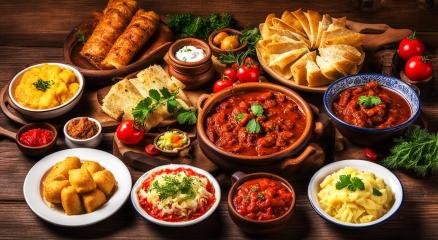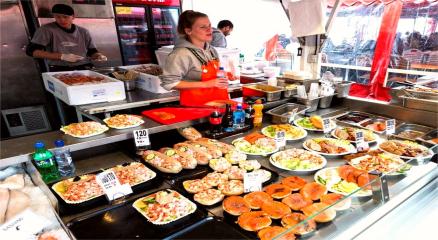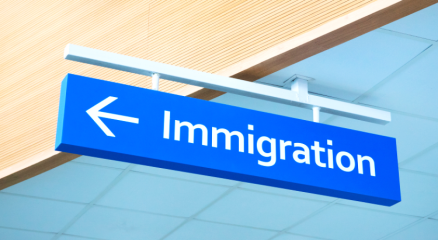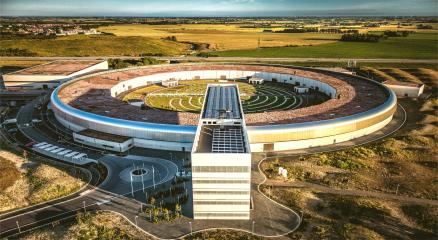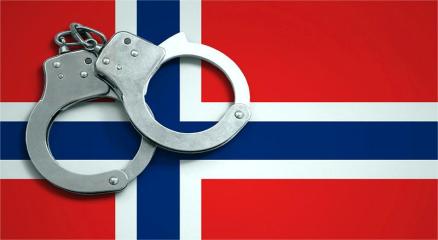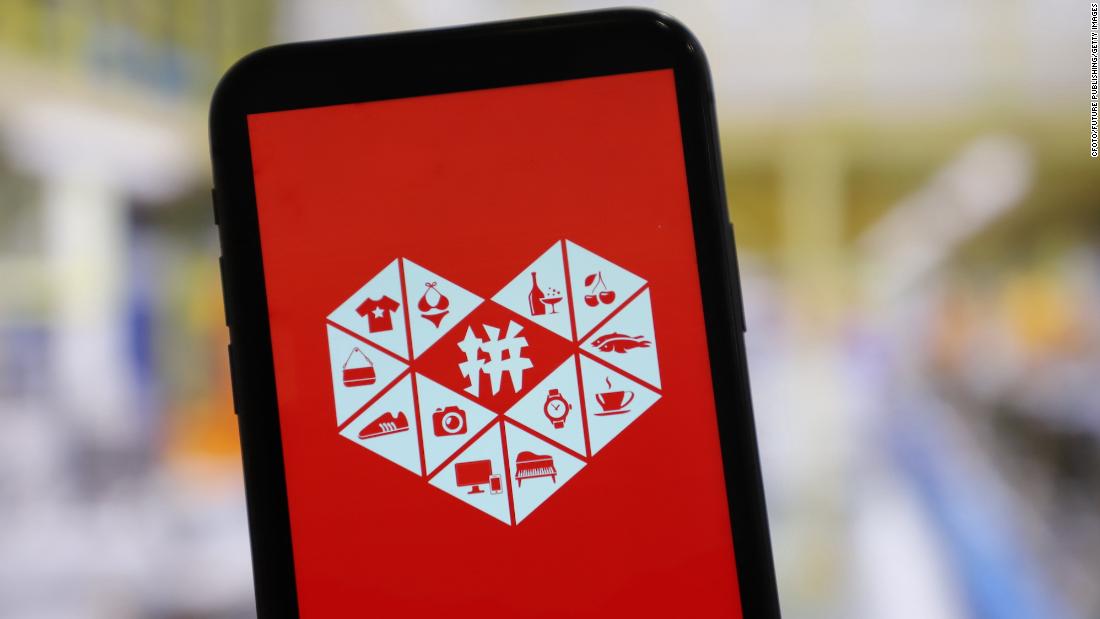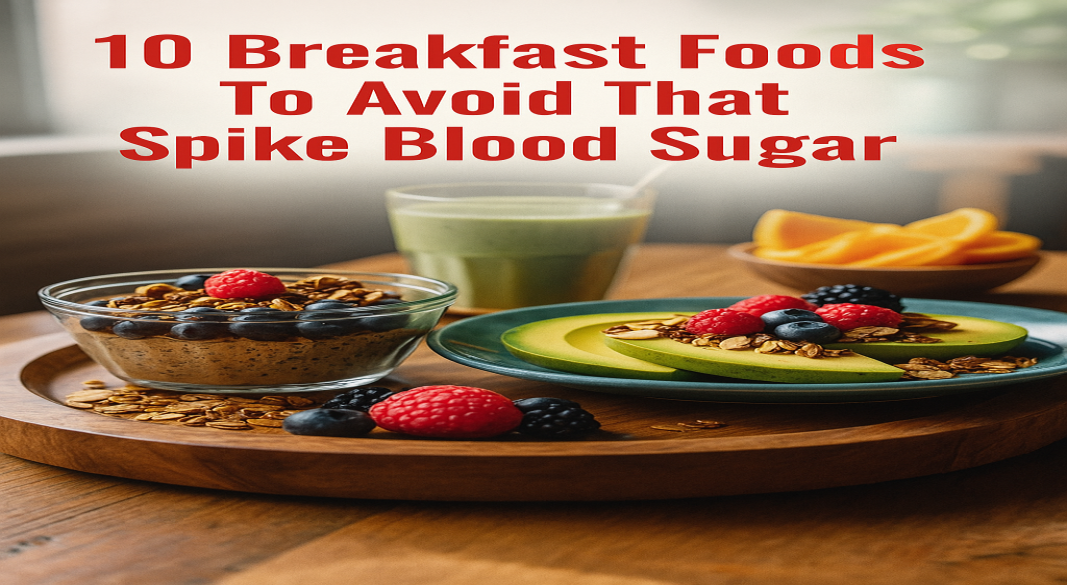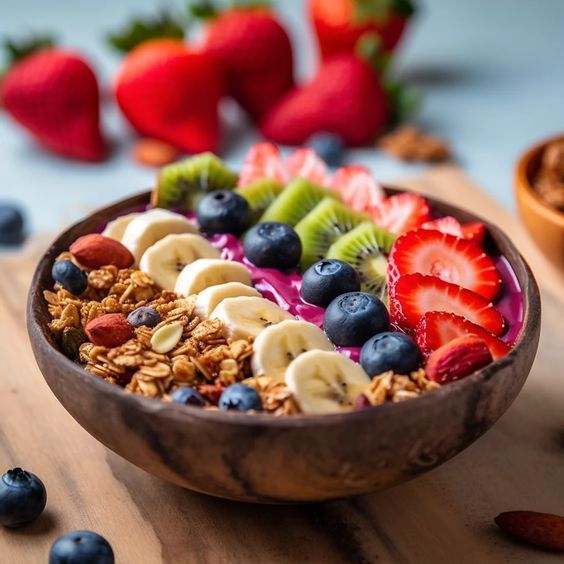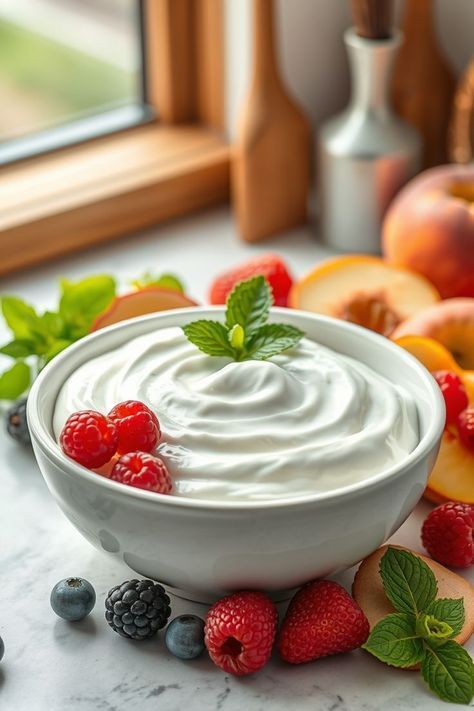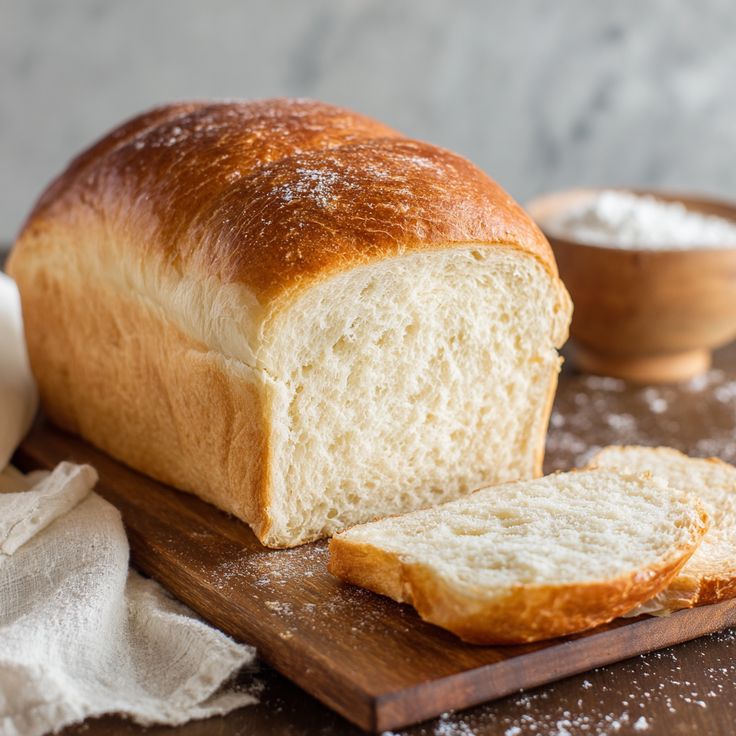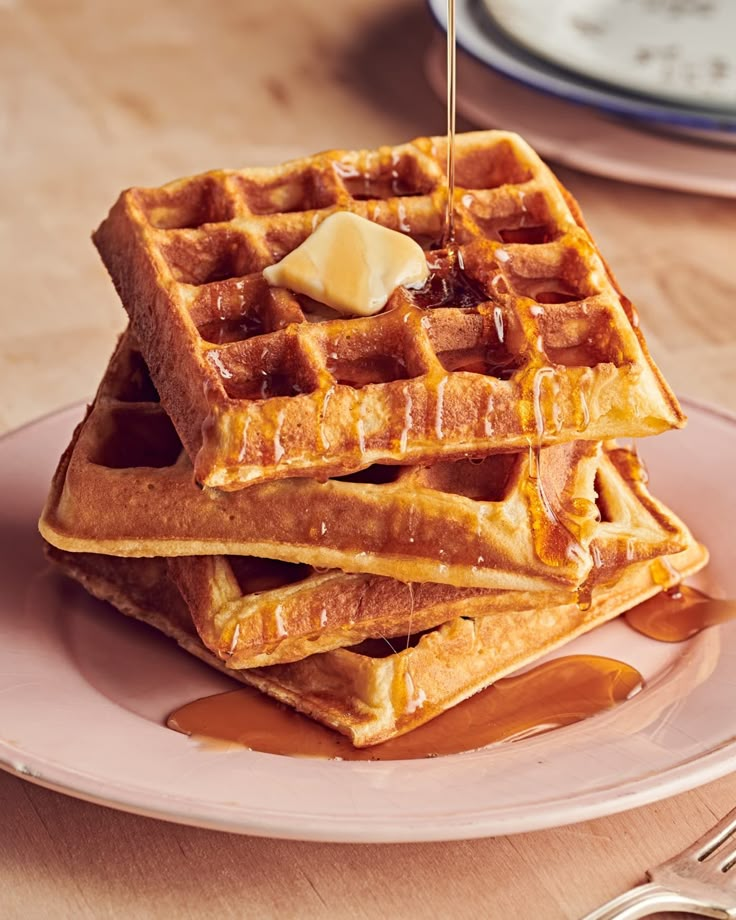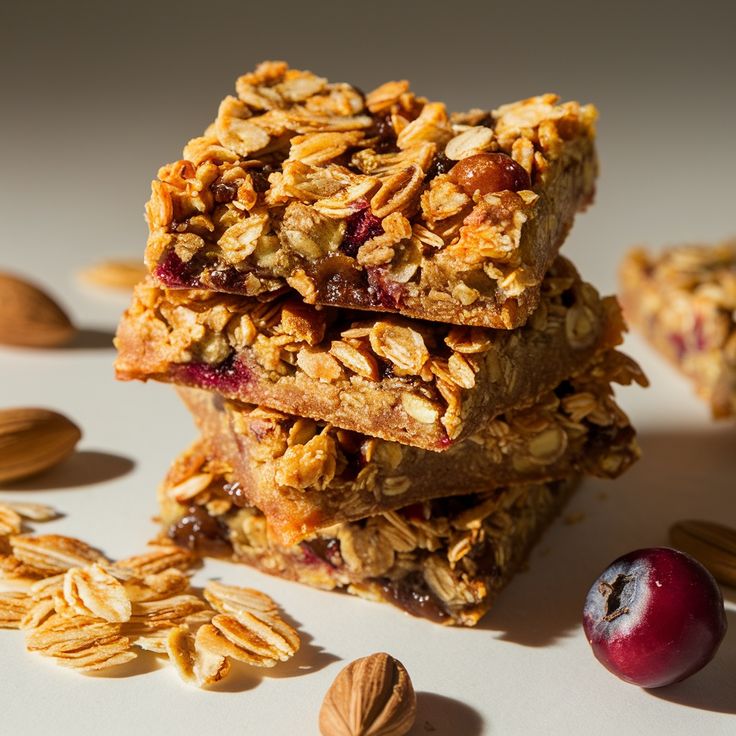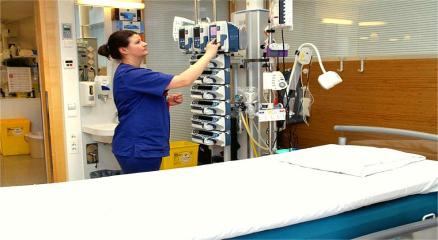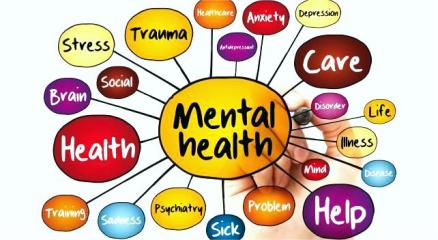Granola bars are often sold as healthy, energy-boosting snacks with oats, nuts, and fruit. But if you check the ingredients, many are not much better than candy bars. They usually contain lots of added sugar from syrups, honey, or chocolate coatings, along with refined grains and artificial flavors or preservatives.
A healthier choice is to go for low-sugar or homemade granola bars made with oats, nuts, and seeds, using just a little natural sweetener like dates or honey. Pairing it
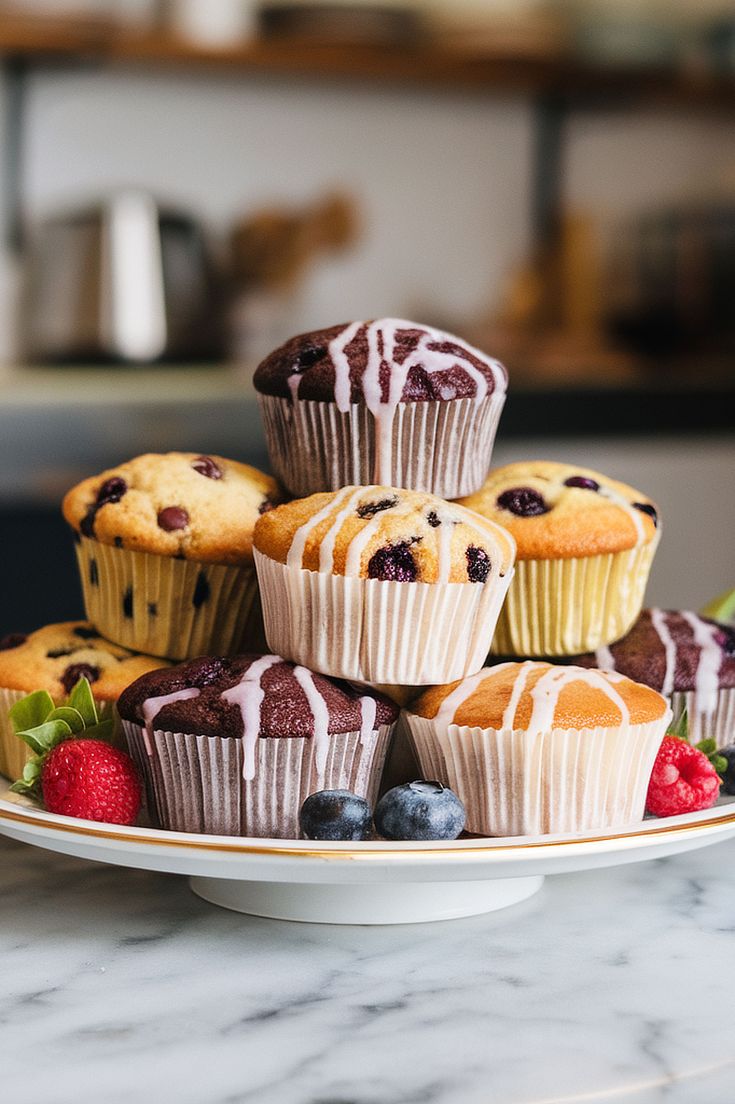
6. Packaged Muffins and Pastries
Having a muffin or pastry along with coffee is quick and convenient for breakfast, they are made with refined white flour, doses of sugar, and unhealthy oils and fats that make them soft and shelf stable. Most packed muffins, croissants, and especially are so dense and low in fiber that your body digests them rapidly, which will make you consume more sugar than you should consume in a day. If you love muffins, try making a homemade version with whole grain flour, And oats, nuts, and less sugar. You can also bake in natural sweetness with fruit like bananas, blueberries, or apples. Pairing it with protein like eggs or Greek yogurt will help balance blood sugar and keep you full for a longer period of time.
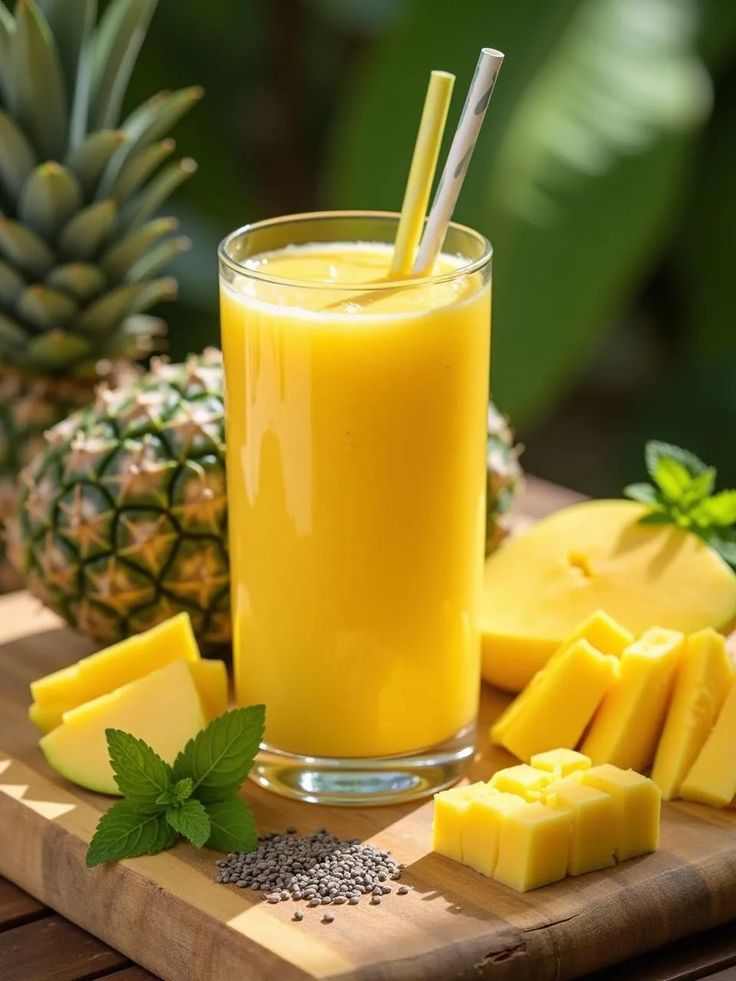
7. Fruit Juices
Fruit juice may sound like a healthy choice, but when fruits are turned into juice, most of the fiber is lost, leaving behind only concentrated liquid full of natural sugar that the body absorbs very quickly. Even if the label says “no added sugar,” drinking juice can raise blood sugar almost as fast as soda. The healthier option is to eat whole fruits, since the fiber helps slow sugar absorption, keeps you fuller for longer, and supports digestion. If you prefer a drink, try blending whole fruits with vegetables, protein, or healthy fats like chia seeds or nut butter for a more balanced and nourishing option.
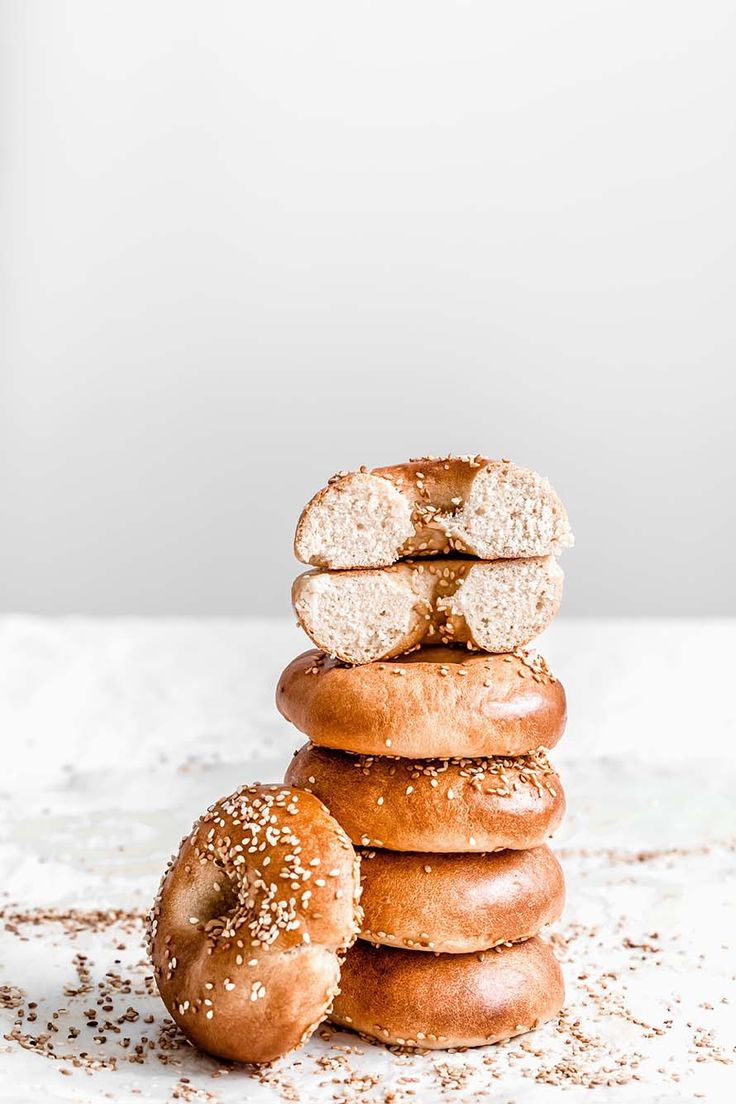
8. Bagels
Bagels, while loved for their chewy texture, are surprisingly high in sugar and calories. Made from refined white flour, they pack in lots of fast-digesting carbs with very little fiber. Because they’re so dense, a single bagel can contain as many carbs as several slices of white bread. That means plenty of starch, which is harder for your body to process and can quickly add extra calories and fat. If you’re a bagel fan, try healthier swaps: choose whole grain versions, pair them with protein-rich toppings like eggs, smoked salmon, or nut butter, or replace the bagel altogether with sprouted grain toast.
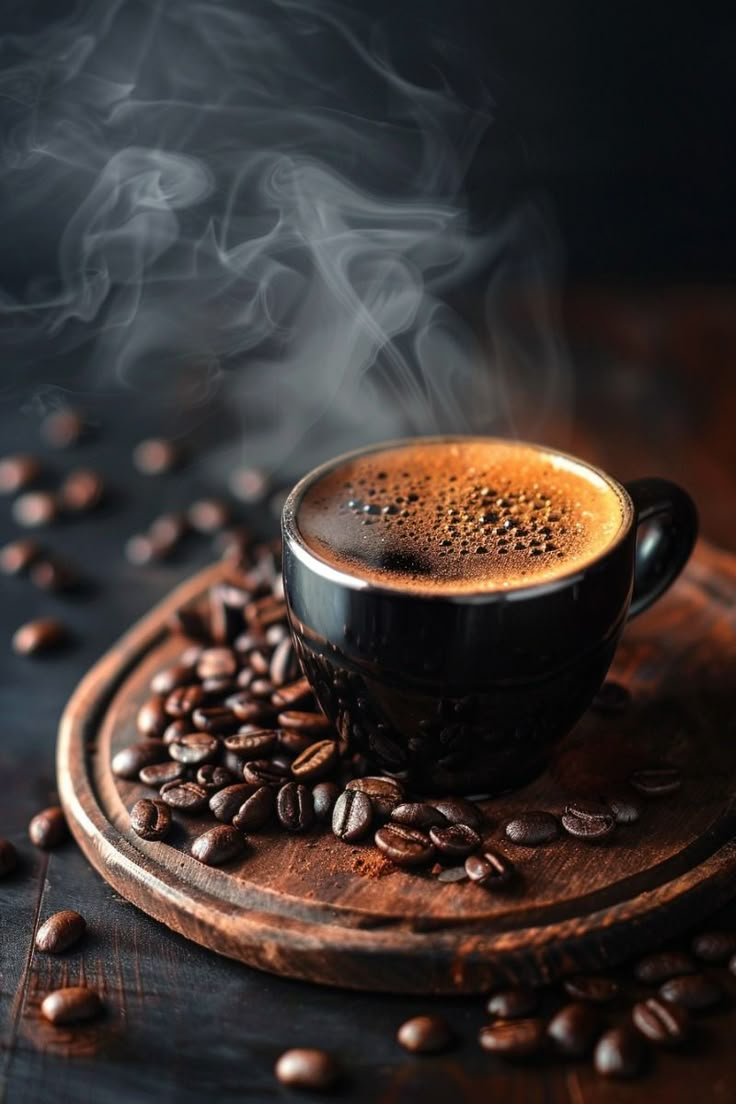
9. Coffee Drinks
Plain black coffee is a safe choice—it’s calorie-free and can even offer health benefits. The issue arises with flavored coffee drinks like lattes, mochas, or Frappuccinos. These are often packed with sugary syrups, flavored creamers, and whipped cream, turning your morning pick-me-up into a sugar bomb. While they might give you a quick energy boost, they can also spike your blood sugar, leaving you tired later and fueling sugar cravings, weight gain, and reliance on high-calorie drinks. A better option? Stick with plain black coffee, or lighten it up with a splash of dairy, unsweetened plant-based milk, a sprinkle of cinnamon, cocoa powder, or just a touch of almond milk.
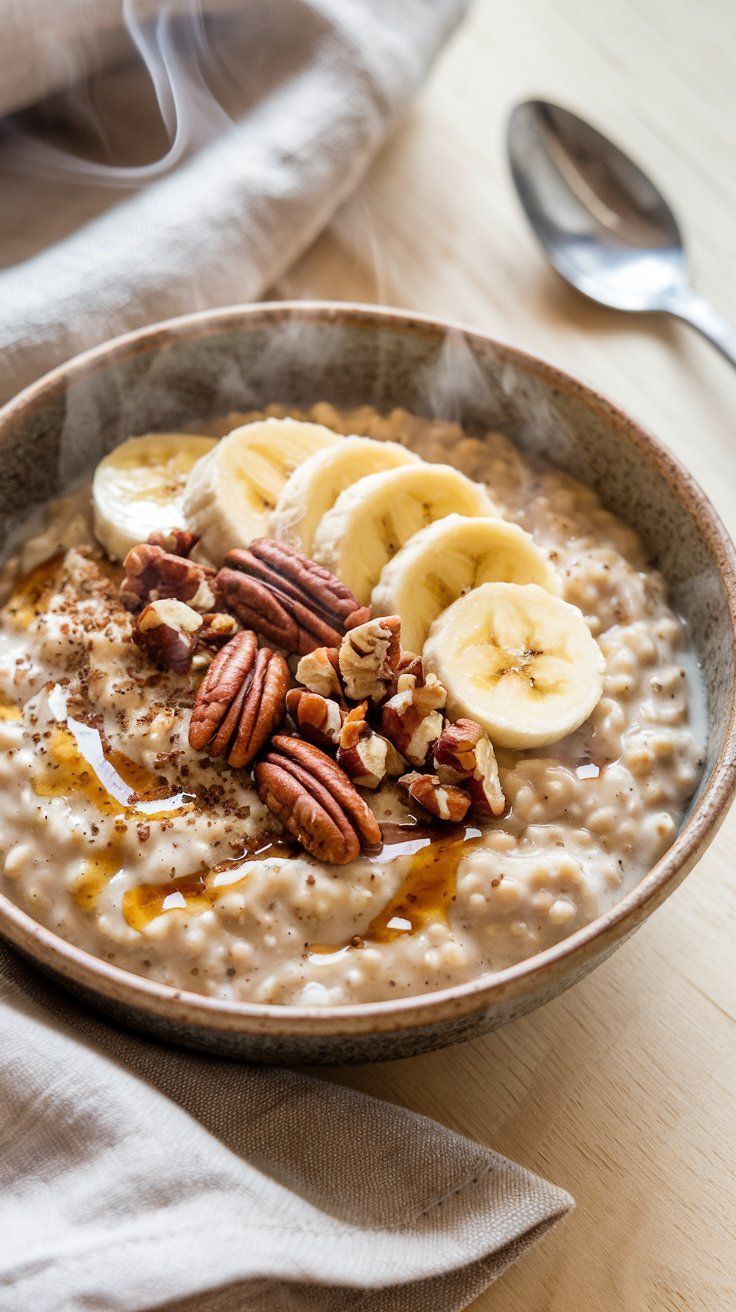
10. Instant Oatmeal
Oatmeal is often praised as a healthy breakfast since it’s made from whole grains like rolled or steel-cut oats. But those convenient instant flavored packets tell a different story. They’re highly processed, which removes much of the fiber that helps slow digestion. On top of that, many flavored varieties are packed with sugar, syrups, and artificial flavorings—causing your body to absorb carbs too quickly and spike blood sugar levels. A smarter choice is plain rolled or steel-cut oats. Cook them in bulk and add natural flavor with cinnamon, fresh fruit, nuts, or a spoonful of nut butter to keep your blood sugar steady.



